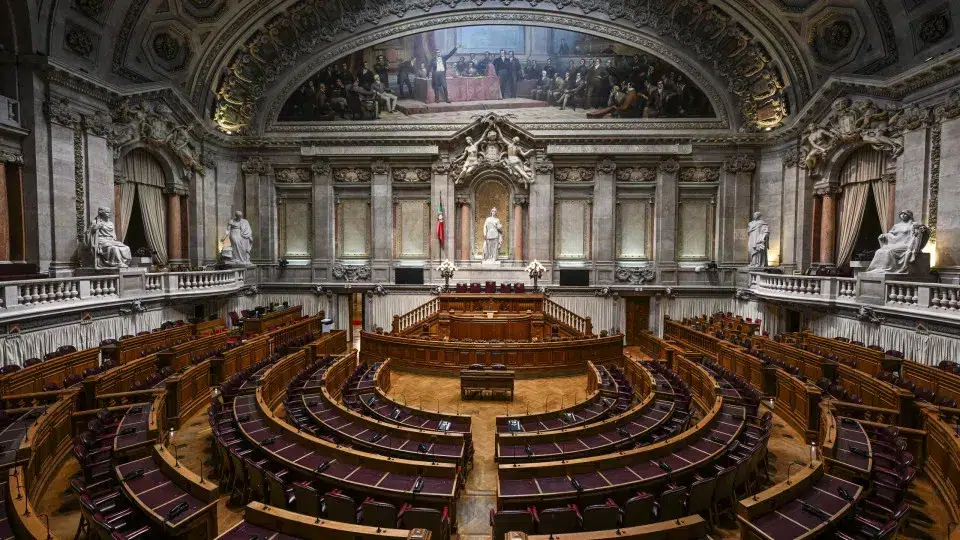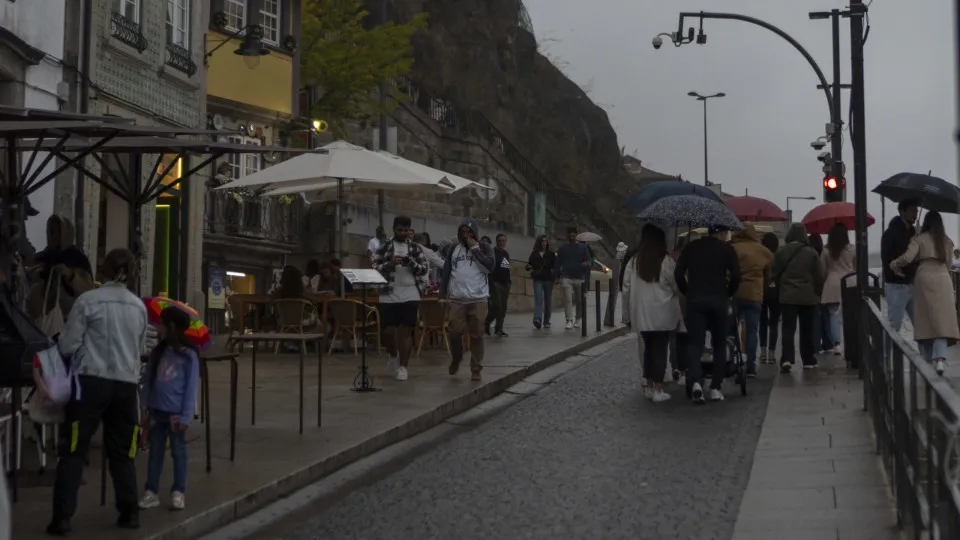
“Why didn’t I go to Expo [Parque das Nações, where the Lisbon criminal courts are located]? Because I didn’t want to give the impression that those people were being tried in the first instance. That is, people must be judged in a place with dignity,” explained João Cura Mariano on the sidelines of the XIX Annual Meeting of the Superior Council of the Judiciary in Setúbal.
As they were judges of the Court of Appeal, the former president of the Lisbon Court of Appeal, Luís Vaz das Neves, and two other former appeal judges, Rui Rangel and Fátima Galante, are being tried with 13 other individuals at the Supreme Court of Justice (STJ), with most sessions taking place at the former Lisbon Military Court.
In an interview published today in the Público newspaper and Rádio Renascença, João Cura Mariano estimated that this incurs a cost for the STJ of 750 to 1,000 euros per day, covering the rental of the space from the Army, costs of refurbishments for its reactivation, and lodging for one of the case’s justices residing in Porto.
Highlighting that the STJ has “a ceremonial hall” but not a courtroom, the president insisted today, on the sidelines of the CSM event, that the Lisbon Military Court “is the best there is” in a country where “courts do not have ideal conditions.”
“The Ministry of Justice lacks resources, but I have some financial autonomy, and therefore, I can manage. Of course, we are making significant sacrifices because it involves many expenses,” he stated.
When questioned by Lusa about the decision, the Minister of Justice, Rita Alarcão Júdice, countered that the STJ has one courtroom and others were made available, but noted that managing the budget of the court presided over by João Cura Mariano is not her responsibility.
The trial of Operation Lex began on September 29, with the first session taking place at the STJ in Terreiro do Paço, and subsequent sessions at the Lisbon Military Court in Campo de Santa Clara.
Among the 16 defendants are, besides the three former appeal judges, the former Benfica president Luís Filipe Vieira and football entrepreneur José Veiga.
The charges generally involve crimes of corruption, abuse of power, money laundering, and tax fraud, among others.




